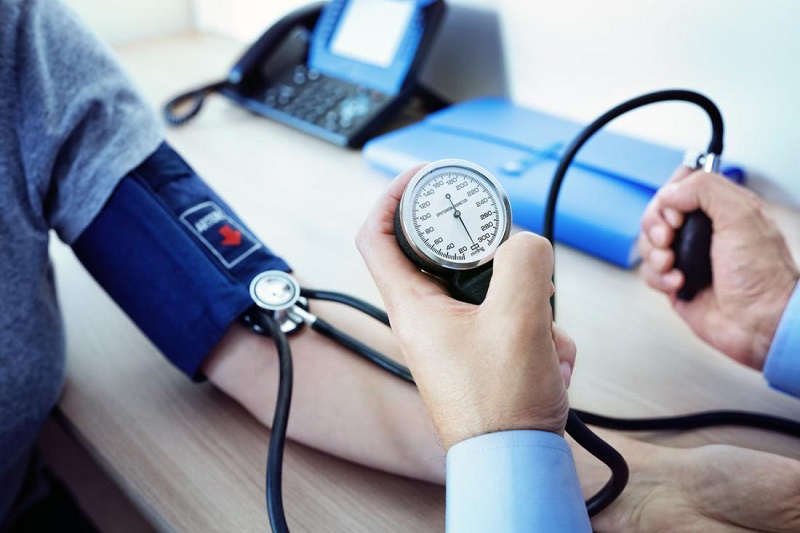Omega 3 is one of the essential functional foods that you should supplement your body because humans cannot synthesize and create Omega 3 by themselves. However, Omega 3 supplementation must be reasonable to achieve good results, avoiding the side effects of Omega 3.
1. What is Omega 3? What are the effects of taking Omega 3?
Omega 3 is an essential unsaturated fatty acid for the body. People need to supplement Omega 3 because the human body cannot synthesize and create Omega 3 by itself. Omega 3 includes 3 main types: EPA, DHA, DPA. So what are the effects of taking Omega 3? Accordingly, Omega 3 brings good health benefits, preventing many diseases in humans such as:
- Preventing agents that cause cardiovascular diseases such as stroke, myocardial infarction and preventing atherosclerotic plaques in the arteries, treating rheumatoid arthritis and supporting the treatment of depression.
- Blood pressure: Omega 3 is effective for patients with high blood pressure.
- Prevent blood clots: Because Omega 3 keeps platelets from clumping together, it helps prevent the formation of blood clots.
- Reduce liver fat: If you provide enough Omega 3 that your body needs, it will reduce the amount of fat in the liver and inflammation in people with non-alcoholic fatty liver.
- Brain development and improved vision: DHA is an important nutrient that helps develop vision and nerves in children and is a major component of the brain and retina.
- Improve neurological disorders, Alzheimer’s and help fight autoimmune diseases, while supporting the treatment of lupus, rheumatoid arthritis, ulcerative colitis, Crohn’s disease and psoriasis.
- Prevent cancer: Cancer is one of the leading causes of death in the world. Research shows that people who supplement with enough Omega 3 can reduce the risk of colon cancer by up to 55%.
- In addition, Omega 3 also helps improve sleep quality, is good for the skin, controls skin oil, controls skin moisture, prevents the increase of the keratin layer of hair follicles, prevents premature skin aging and acne.
2. Can Omega 3 be used daily?
Omega 3 has been proven to have many health benefits and the ability to support disease treatment. You can supplement daily but must take the right dosage, otherwise you will experience side effects of Omega 3. Specifically:
- Low blood pressure: Taking too much Omega 3 will reduce blood pressure, causing people with low blood pressure to have some serious problems
- Digestive disorders: Common side effects of taking omega 3 fish oil are digestive disorders and stomach upset such as acid reflux, nausea.
- Hyperglycemia: Excessive Omega 3 supplementation can increase blood sugar levels in people with diabetes.
- Increased risk of bleeding: Bleeding gums and nosebleeds are side effects of Omega 3 when you consume too much.
- Increased risk of stroke: Taking too much Omega 3 can reduce blood clotting ability and increase the risk of hemorrhagic stroke.
- Omega 3 causes vitamin A poisoning: Some Omega 3 supplements contain a lot of vitamin A, if consumed in high doses can cause poisoning, dizziness, nausea, joint pain and skin irritation. In the long term, it can cause liver damage, liver failure.
- Omega 3 causes insomnia in people with a history of depression: If Omega 3 is used in moderation, it can improve sleep quality. However, if used in high doses, it can cause insomnia and anxiety in people with a history of depression.

Overdosing on Omega 3 will lower blood pressure, causing people with low blood pressure to experience some serious problems.
3. Reasonable dosage and supplementation of Omega 3
3.1. Dosage of Omega 3
The most important thing when supplementing Omega 3 is to find out how much EPA and DHA it contains to help your body get enough. Therefore, depending on the amount of EPA and DHA in a dose, however, you should supplement at least 250mg and a maximum of 3000mg of combined EPA and DHA per day. The recommended dosage of Omega 3 is as follows:
- For healthy people: Because the daily diet already receives a sufficient amount of DHA, you only need to take 1 capsule/day.
- From 6 to 8 years old: You should supplement 900 mg of Omega 3 per day.
- From 9 to 13 years old: Girls should take 1,000 mg/day and boys should take 1,200 mg/day.
- From 14 to 18 years old, girls need 1,100 mg/day, boys need 1,600 mg/day.
- Adult age (over 16 years old): Women need 1,100 mg/day, men need 1,600 mg/day; Pregnant women need 1,400 mg/day and breastfeeding women need 1,300 mg/day.
- Middle-aged and elderly people: Middle-aged and elderly people with normal health should use 1,100 mg/day;
- People with cardiovascular disease need at least 1,000 mg/day.
- People with diabetes and high blood pressure should supplement 2,000 mg/day.
3.2. Reasonable Omega 3 supplementation
Omega 3 is one of the essential functional foods that you should supplement for your body. However, it is necessary to supplement appropriately to achieve good results and avoid side effects of Omega 3. The reasonable supplementation of Omega 3 is as follows:
- Take Omega 3 in the morning for the body to absorb most effectively. You should take Omega 3 after each meal because Omega 3 is absorbed maximally after meals containing fat. You can also choose any convenient time, but you need to pay attention to the habit of taking Omega-3 on time to achieve optimal results.

Take Omega 3 in the morning for the body to absorb most effectively
- Timing your Omega 3 supplementation can help prevent some side effects such as acid reflux. Therefore, taking Omega 3 in two smaller doses, in the morning and evening, is a good strategy to help prevent acid reflux and indigestion.
- Although fish oil absorption slows down after 14 hours, it is beneficial for people with insomnia because high levels of Omega 3 in the blood will help you fall asleep easier and sleep more deeply.





